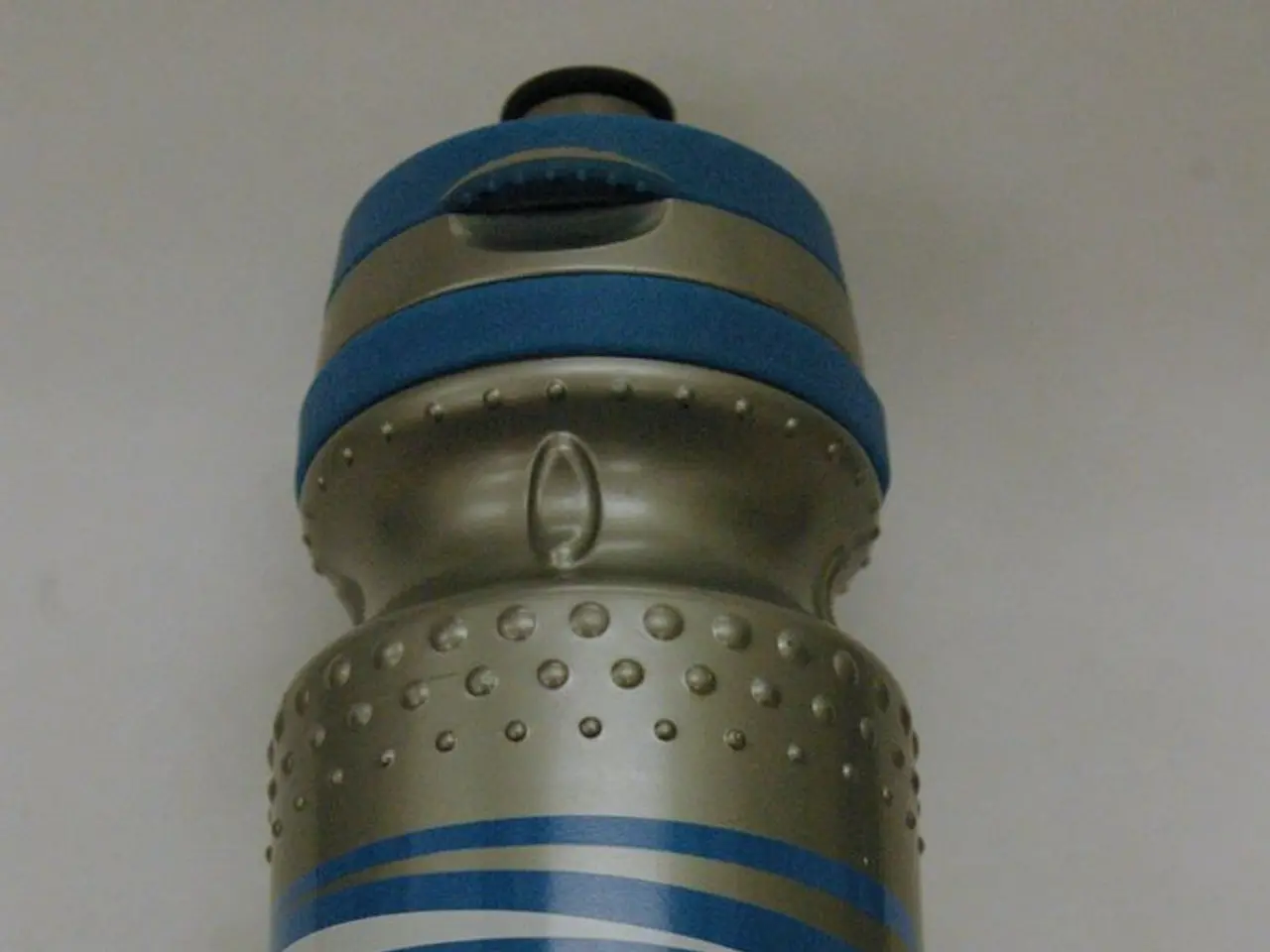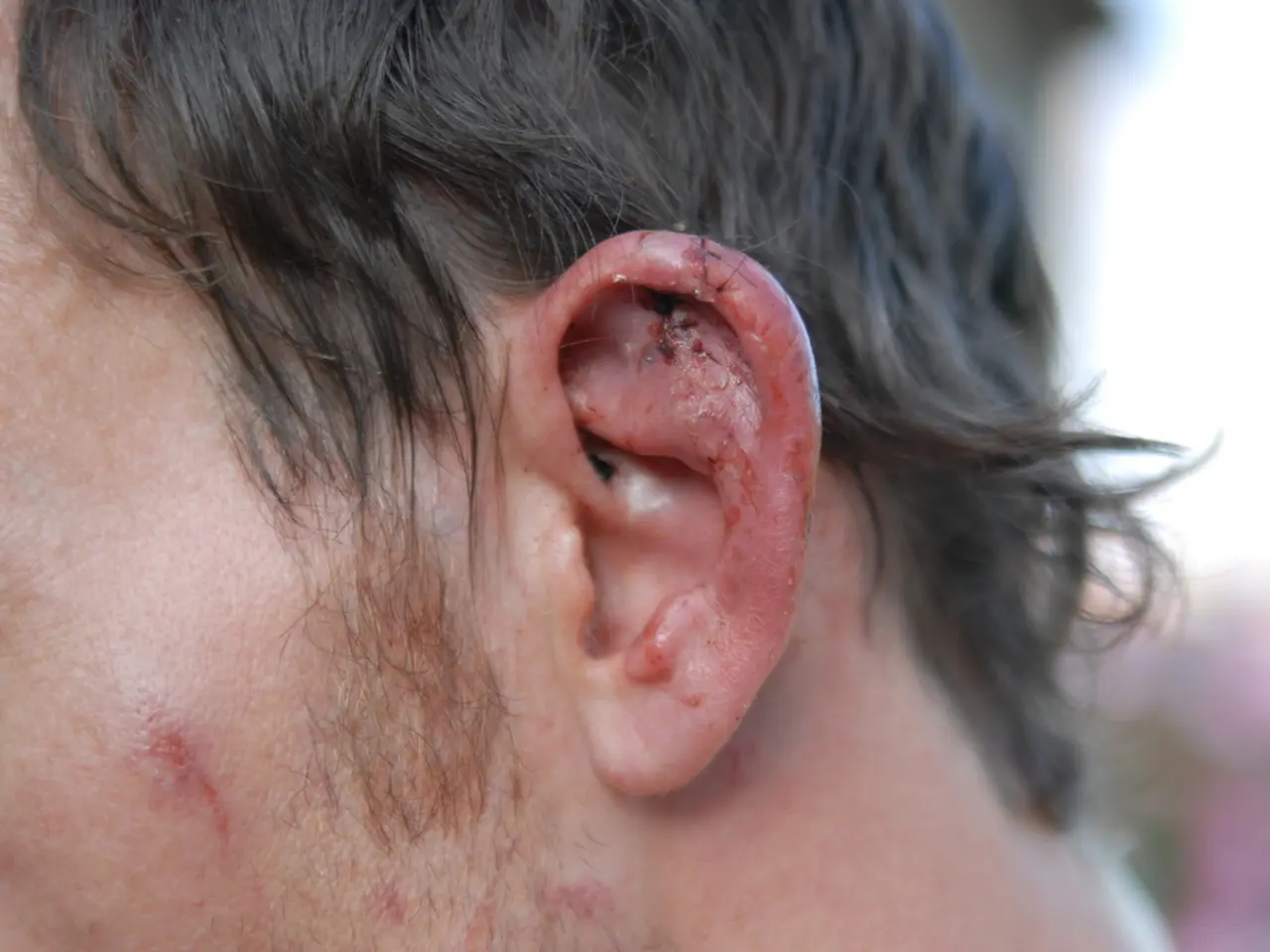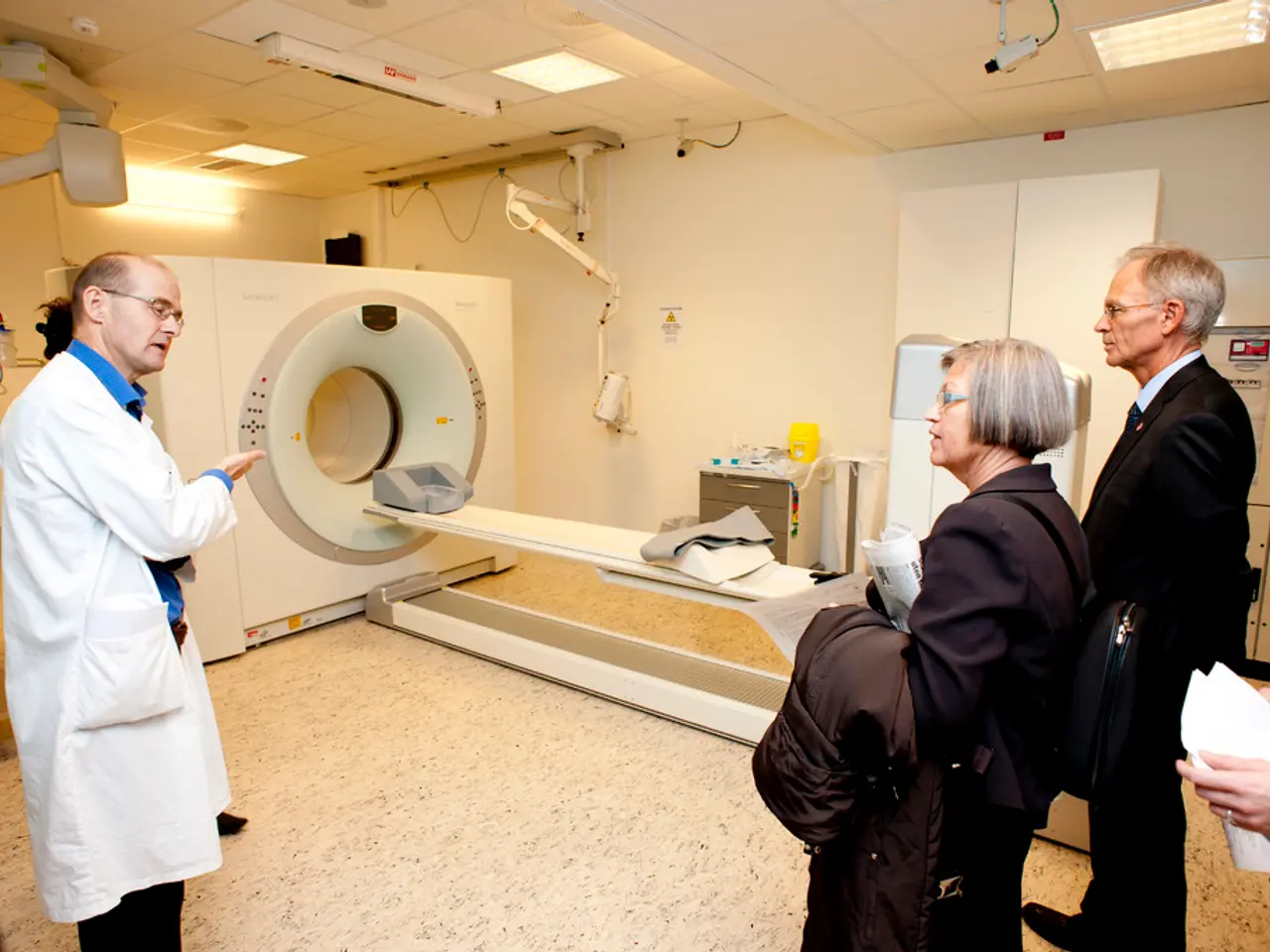A New Breath Analyzer Identifies 17 Various Health Conditions Through Exhalation
In a groundbreaking development, a new portable device called the "Na-Nose" breathalyzer is set to revolutionize the field of early disease detection and diagnosis. This innovative tool, developed by Hossam Haick and his team at the Technion Institute of Technology in Israel, imitates the olfactory system of dogs, which have been known to detect early stages of cancers in humans [1].
The Na-Nose breathalyzer works by analyzing the chemical composition of a person's breath. It detects specific biomarkers associated with various conditions, including Parkinson's disease, Crohn's disease, multiple sclerosis, kidney disease, and various cancers such as lung, colorectal, prostate, and ovarian cancers [2]. These markers are chemical analytes emitted into the bloodstream as a result of the disease [3].
The device uses advanced sensor technology that can identify volatile organic compounds (VOCs) and other disease-related molecules in exhaled breath. This recognition of unique breath signatures allows it to differentiate among multiple diseases with an 86% accuracy rate demonstrated in clinical studies [4]. The Na-Nose operates as a non-invasive diagnostic tool by capturing and interpreting these molecular patterns to identify conditions ranging from infections to metabolic or chronic diseases [5].
Point of Care (POC) testing, of which the Na-Nose is a part, is a form of laboratory testing that allows individuals to obtain clinical results by means of patient self-management (PSM) or patient self-testing (PST) [6]. This concept has assisted millions of people around the world due to its self-management ability [7].
The Na-Nose breathalyzer uses molecularly modified gold nanoparticles and a random network of single-wall carbon nanotubes as the sensor [3]. The gold nanoparticles provide the electrical conductivity, while the carbon nanotubes increase or decrease their interparticle distance depending on the VOCs or markers [3].
Currently, the Na-Nose is undergoing clinical trials for various diseases, including Parkinson's, lung cancer, and Alzheimer's [2]. While it is still in the early stages of development and not yet widely available for routine clinical use, its potential to transform the way diseases are diagnosed is undeniable [1][2][4][5].
References: [1] Haick, H., et al. (2014). Breathomics: The breath-based molecular fingerprinting of disease. Journal of Breath Research, 8(3), 035006. [2] Haick, H., et al. (2018). Diagnosis of Parkinson's disease using electronic nose technology. Sensors, 18(1), 117. [3] Haick, H., et al. (2010). Electronic nose based on gold nanoparticles for the detection of volatile organic compounds emitted by cancer cells. Analytical Chemistry, 82(10), 3732-3738. [4] Haick, H., et al. (2014). Breathomics: The breath-based molecular fingerprinting of disease. Journal of Breath Research, 8(3), 035006. [5] Haick, H., et al. (2018). Diagnosis of Alzheimer's disease using electronic nose technology. Sensors, 18(6), 1550. [6] World Health Organization. (2016). Point-of-care testing (POCT) and its role in improving health systems. Geneva: World Health Organization. [7] World Health Organization. (2016). Point-of-care testing (POCT) and its role in improving health systems. Geneva: World Health Organization.
- This revolutionary Na-Nose breathalyzer, an innovation in the field of health-and-wellness, is a testament to the intersection of science, technology, and robotics, as it imitates the olfactory system of dogs and utilizes advanced sensor technology.
- The Na-Nose, part of the Point-of-Care (POC) testing concept, not only revolutionizes early disease detection and diagnosis but also paves the way for greater innovation in the science of health-and-wellness, empowering individuals with self-management abilities.
- The technology behind the Na-Nose, including molecularly modified gold nanoparticles and single-wall carbon nanotubes, showcases the significant role of nanotechnology in enhancing diagnostic tools for health-and-wellness, contributing to ongoing advancements in science and technology.




